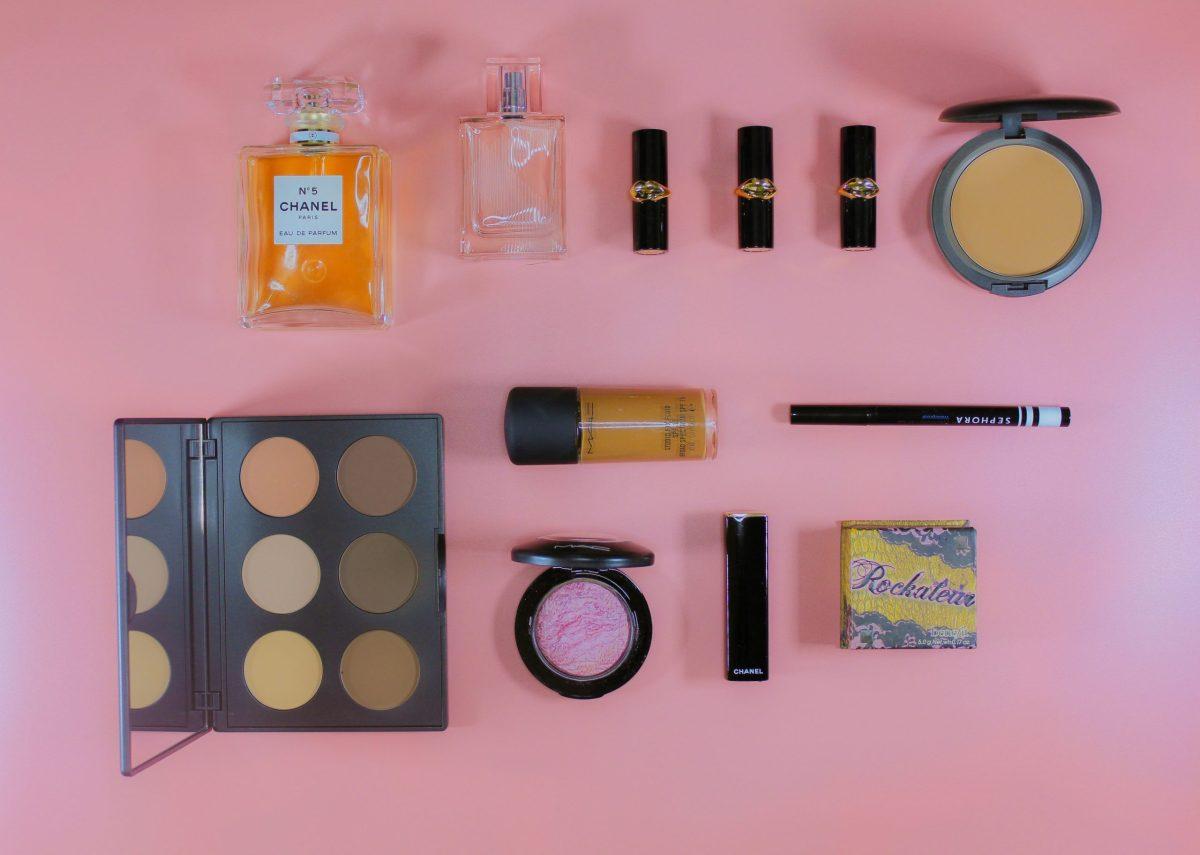The internet is blowing up with stories of “Sephora tweens,” a recent epidemic of middle school girls crowding beauty stores to buy products from high-end brands such as Drunk Elephant, Charlotte Tilbury and Glow Recipe. From selling out retinol skincare to snatching the last item on display, Sephora tweens have given plenty of ammunition to annoyed 20-year-old influencers who rant about the new generation on social media. But let’s not forget where we came from. Their TikTok was our Youtube, their Instagram was our Tumblr, and we were just as influenced as them. The difference lies in why we wear makeup, the line between social media and the real world, and ultimately, the generations that raised us. Though we shouldn’t judge these tweens for going to Sephora because it’s part of experimenting and growing up, we should question why they want to buy such expensive products, and how they’re allowed to do so.
In the mid to late 2010s, beauty gurus like Jaclyn Hill, Tati Westbook and James Charles took over the internet by doing full-face, glamorous looks with colorful eyeshadow and glitter. I followed their tutorials using my mom’s old makeup, trying to perfect a cut crease with concealer so the blue eyeshadow could pop. To me, it was more art than beauty. I never wore those looks outside of the house, and I only spent the occasional hour playing beauty guru. Sephora tweens seem to have drastically different motivations for swarming Sephora. The products they buy—skincare, cream highlighter, and GrandeLash—all steer towards “natural beauty” and effortlessness. They want to wear makeup without looking like they’re wearing makeup, and they don’t want to age, which is ironic given that these tweens buy products to feel older than they are.
There is also a notable difference in how I consumed this media versus tweens today. In middle school, I was confined to 30-minute YouTube videos that forced me to designate time for video-watching. I was enraptured when watching, but when I wasn’t, I focused on completing homework, setting the table for dinner and getting ice cream with friends. My worlds were separate, and the influence I was under did not encroach on my social development.
Tweens today are subject to 30-second TikToks, Instagram reels and YouTube shorts that they can watch anywhere, anytime. Passing periods in school, car rides and even time with friends are consumed by influencers doing “get ready with me” videos and showing new products they received in PR. Thus, the lines between online and physical spaces blur until they become one reality. This also creates a bubble: everyone online seems to have certain products because the algorithm directs you to similar content, so the watcher feels left out when they do not possess a specific item. Social media has overwhelmed everyone, so this phenomenon isn’t isolated to tweens, but feeling excluded during one’s developmental period can lead to a heightened desire for conformity through consumption.
Social media is relatively new, as are its impacts on development, but parenting is a factor that has always been around and undergoes steady transformation through the years. The generations that raised tweens vs. older teenagers have largely influenced behavior. Millennial parents are known for enacting a more gentle parenting style than previous generations. Combined with a shared desire to consume — especially products advertised on the internet — Millennials are arguably more likely to give in to their children’s pleas for the next big thing. Parents are supposed to have their children’s best interests at heart, so they should be more responsible when buying these products for them. The long-term effects of retinol and polypeptide moisturizer on a young person’s skin are currently unclear, and tweens’ lack of knowledge on these ingredients isn’t wholly their fault.
When my best friend Mai and I went to Sephora during winter break, we saw the outbreak of Sephora tweens firsthand. Girls who came below our shoulders lined the shelves with bags of products, their mothers trailing behind. At that moment, I, like others on the internet, judged them for “growing up too fast.” But considering the powerful influence of social media and advertising today, the shift away from physical third spaces to online spheres, and the growing feelings of exclusion resulting from algorithms, Sephora tweens are sadly just a product of our changing society.




